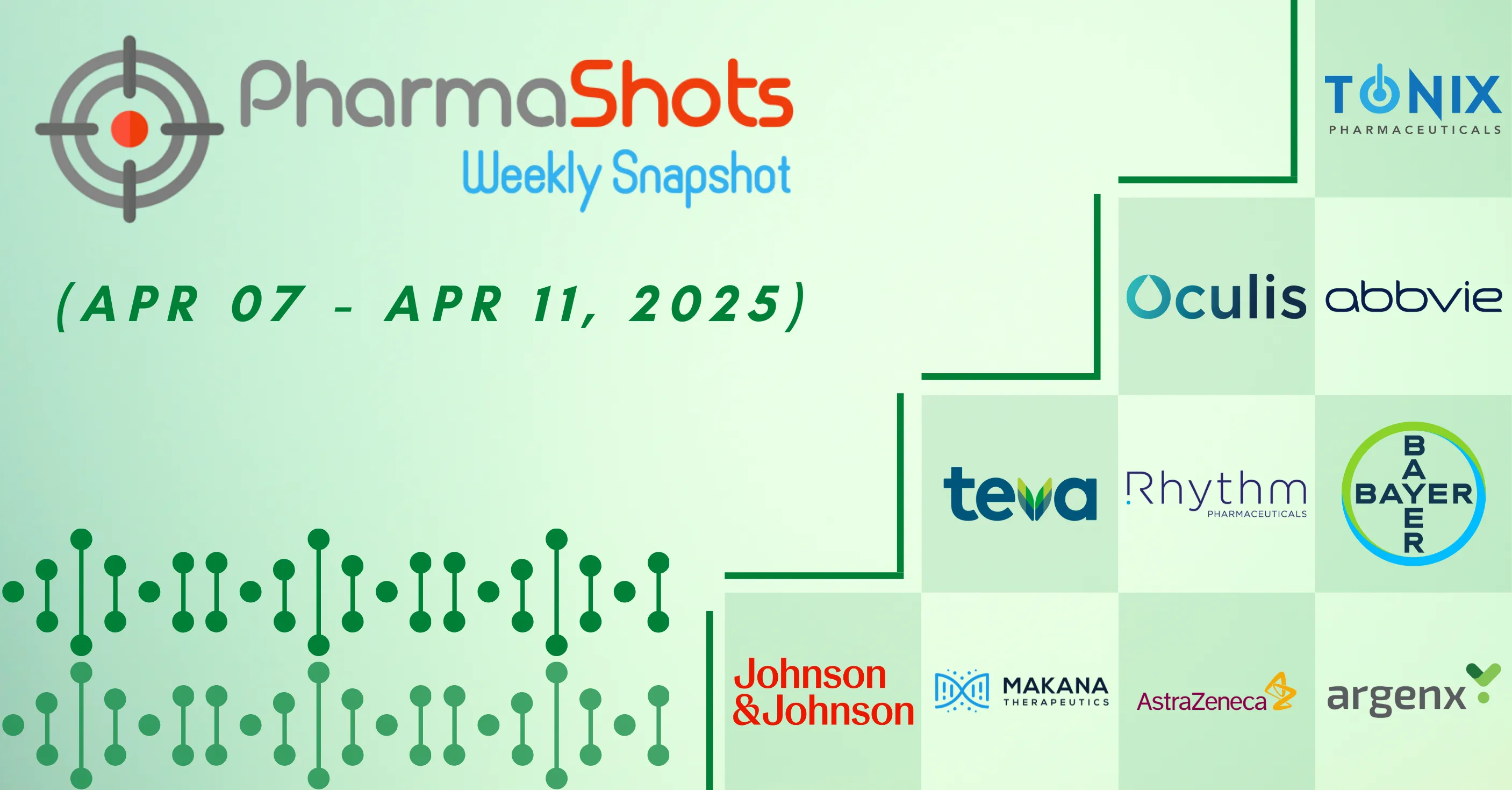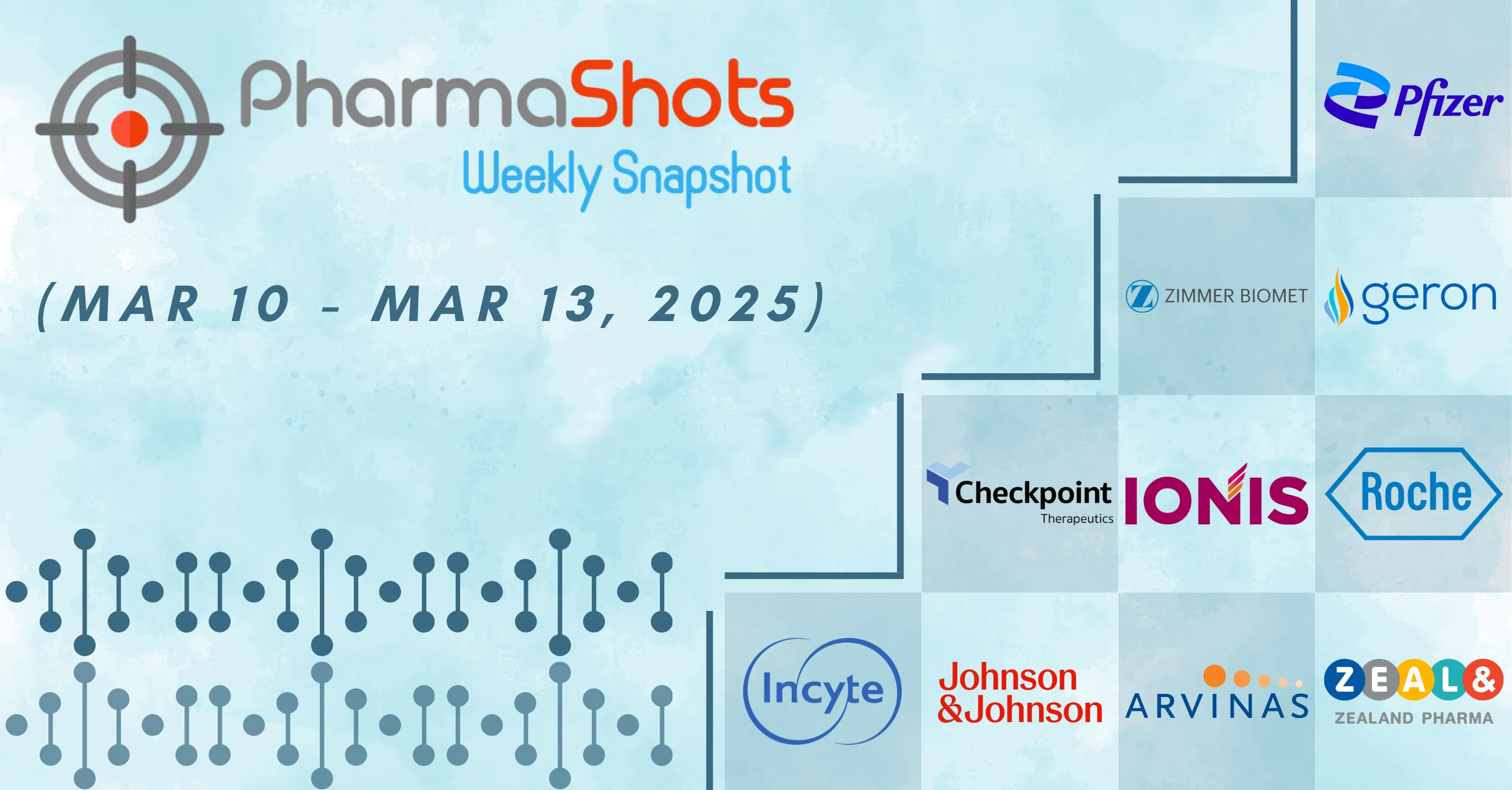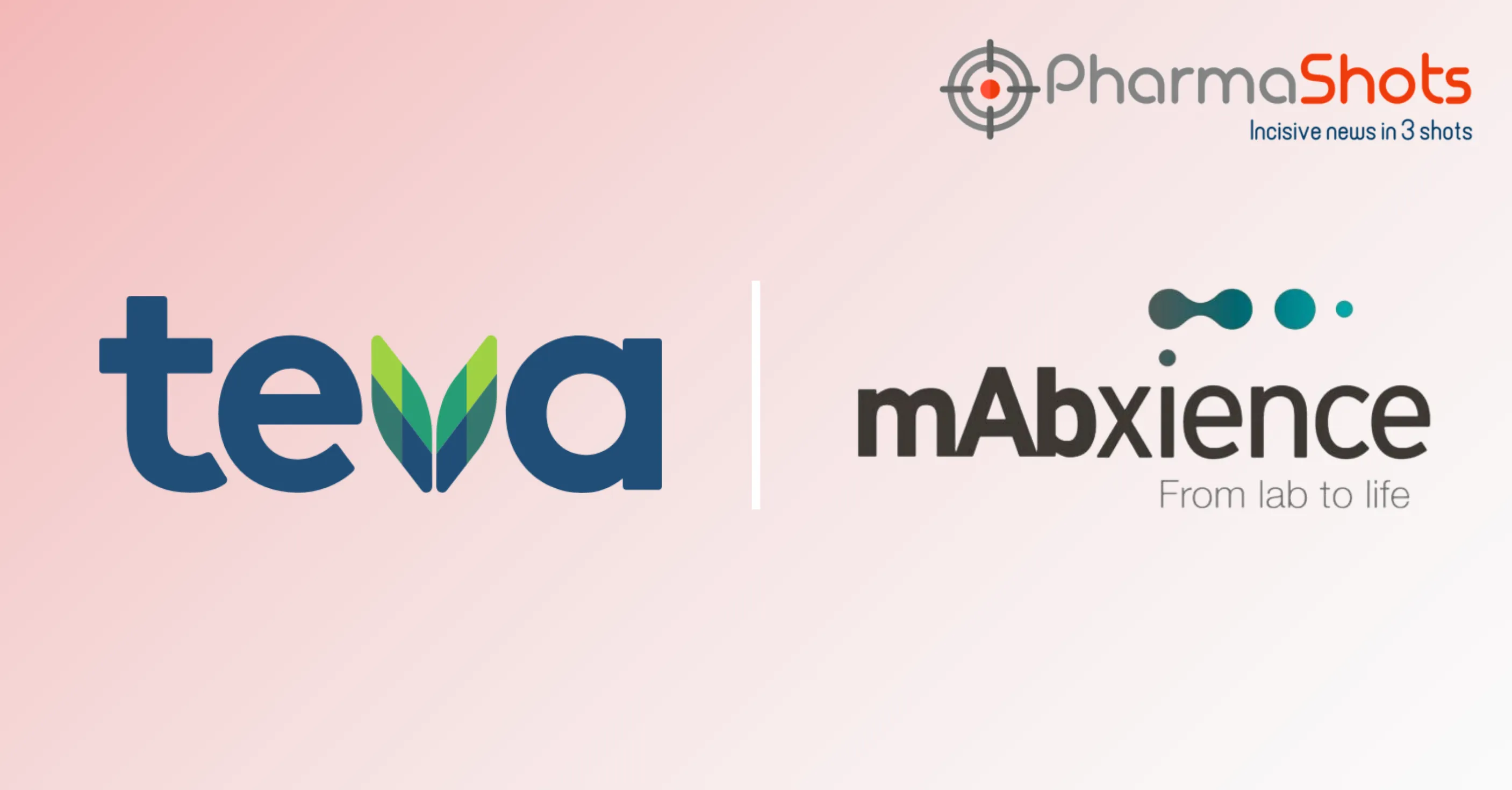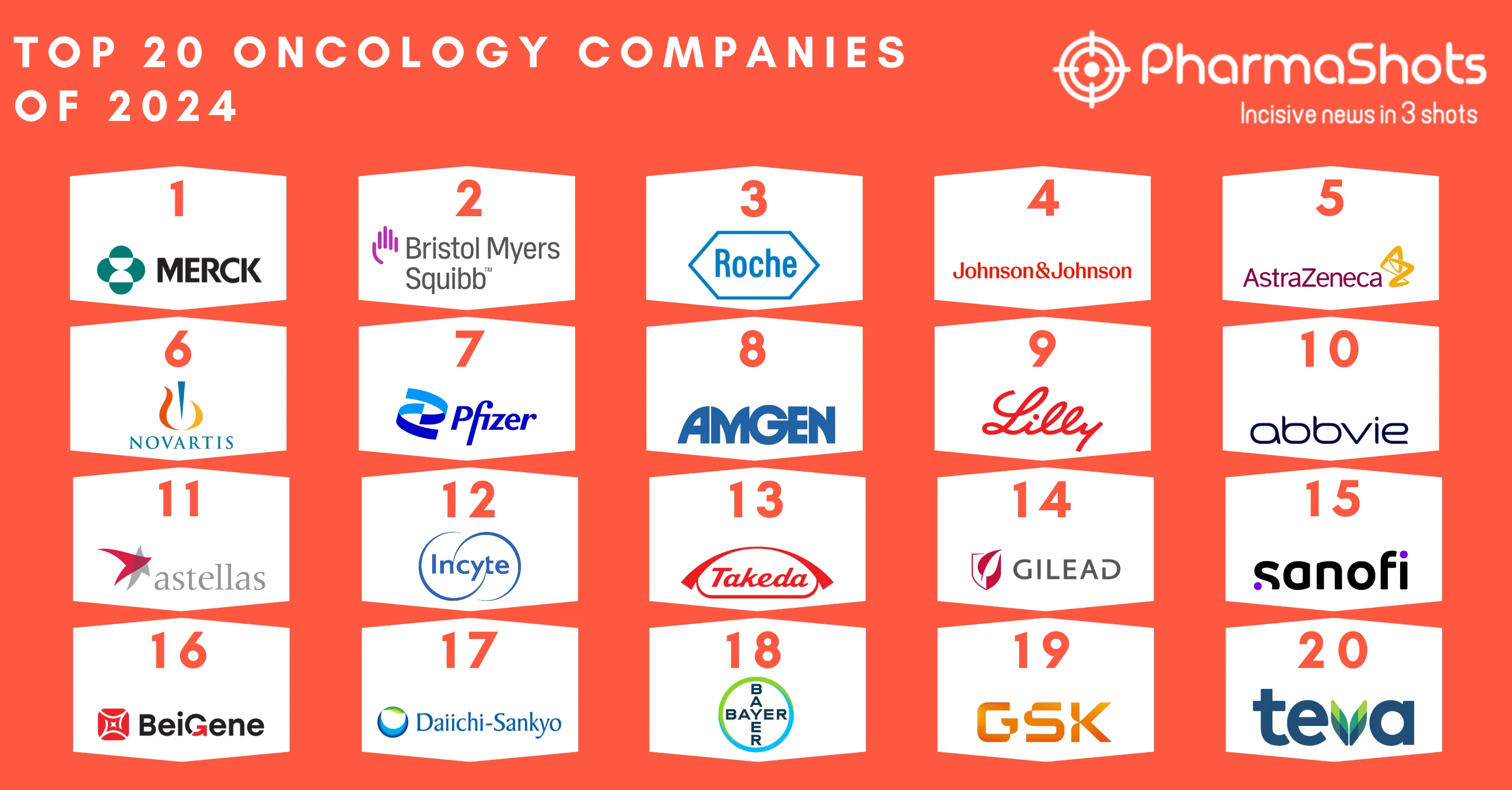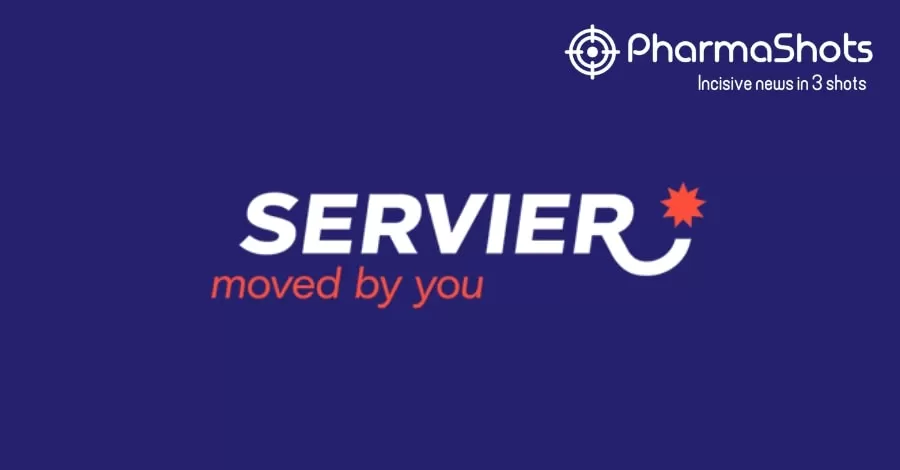
5 Technologies That Are Reinventing Medicine
Authored by Frank Nestle, Global Head of Research and Chief Scientific Officer, Sanofi
Over the past few decades, progress in understanding the molecular drivers of disease has revealed exciting new opportunities for targeting common and complex conditions in the fields of Immunology, Oncology, Neurology, and Rare Diseases. At Sanofi, we are going beyond incremental therapeutic improvements building on the wealth of molecular disease insights combined with novel and proprietary technology platforms to discover and deliver transformative medicines.
Progress does not happen overnight we've been carefully building out our portfolio of innovative biomolecular platforms over several years, to empower our scientists and drug hunters with the tools they need to engineer sophisticated solutions to seemingly intractable medical problems. I'm particularly excited about the potential the following five technologies hold for patients.
1. Expanded Genetic Alphabet: Using synthetic biology to develop novel protein therapeutics

Sanofi's Expanded Genetic Alphabet technology adds two letters to the existing four letters of the genetic alphabet, allowing our scientists to engineer new proteins with highly specific attributes. This empowers our teams to overcome long-standing challenges in drug design and fills important gaps in protein-based therapeutics for cancer and immune-mediated diseases.
This platform has already yielded an immuno-oncology drug candidate, SAR 245/THOR-707, which addresses a well-known limitation of the cytokine drug IL-2. Introducing a novel amino acid into the IL-2 protein and attaching a PEG at a specific site has made it possible for this investigational therapy to increase the numbers of tumor-killing T effector cells and Natural Killer (NK) cells in cancer patients without significant expansion of potentially immunosuppressive regulatory T cells. SAR245 is just a first example of a whole new generation of sophisticated and highly engineered protein therapeutics that exploits progress in synthetic biology to design medicines with unprecedented efficacy and safety features.
2. Intelliselect Transgenics: An advanced human-antibody generation platform

Sanofi's proprietary IntelliSelect Transgenics platform is one of the most advanced human-antibody generation platforms. It applies advanced single-cell technology and bioinformatics to help our teams generate fully human monoclonal antibodies that are highly specific to their target and minimizes untoward immune reactions against antibody-based medicines. One therapeutic candidate that has already been produced using this technology binds to a protein called OX40-ligand, a key inflammatory master regulator expressed on immune cells, making it a promising target for treating a range of immune-mediated diseases and inflammatory disorders.
3. NANOBODY technology: next-generation single domain antibody technologies that facilitate binding to multiple targets at once

Nanobody proteins are approximately 1/10 of the size of a normal antibody, highly modular, and bind with high affinity to their targets. Through the creation of a 'string of pearls' of Nanobody proteins, we can target multiple disease components with a single medicine. Nanobody proteins can also be engineered as bi-specific binders to connect a tumor and a T cell or NK cell for instance. Our NANOBODY technology allows us to develop single, multi-action medicines that could one day replace complex combination treatment regimens and improve treatment outcomes and quality of life for patients. The first approved Nanobody drug that targets the von Willebrand factor is a first-in-class treatment for acquired thrombotic thrombocytopenic purpura, making a difference for patients suffering from this acute and potentially life-threatening disease.
4. Natural Killer Cell Immunotherapy: Toward 'off the shelf' cell therapies for cancer

Natural Killer (NK) cells have the innate ability to detect and destroy cancer cells and help trigger a broader adaptive and protective anti-cancer immune response, all without attacking the body's own healthy cells. This has major implications for minimizing toxicity associated with many of the currently available cancer cell therapies. Sanofi's proprietary NK-cell platform expands and activates NK cells derived from a unique universal donor pool using our PM21 particle technology. It enables our teams to move on from costly individualized cell therapies and develop "off-the-shelf" immunotherapies that provide potential future access to a wider range of cancer patients.
5. In vivo immune cell reprogramming using mRNA: Helping the body to make its own killer CAR-T cells

Chimeric antigen receptor (CAR) T cell therapy has emerged as a powerful cancer treatment, but its impact has been limited by a complex treatment procedure: patient cells must be extracted from each individual patient, amplified in the laboratory, genetically reprogrammed, and then re-infused. As demonstrated in pre-clinical experiments, our scientists use proprietary nanoparticle technology to deliver therapeutic mRNA directly to a patient's immune cells where it can reprogram those cells into CAR T cells in the patient's body to detect and destroy cancer cells more effectively. This approach may be a gateway to expanding Sanofi's capabilities in both immuno-oncology and inflammatory diseases.
Sanofi's toolkit of proprietary technology platforms brings our teams several steps closer to developing transformative medicines for patients with difficult-to-treat diseases. Our goal is to offer a whole new class of treatments that could make patients' lives better and fundamentally change how clinicians approach cancer and immune disorders.
It has been an exciting beginning to a new era for transformative science at Sanofi and there is so much more to come.
Learn more about Sanofi technology at https://www.sanofi.com/en/science-and-innovation/research-and-development/technology-platforms.
Main Image Source: Nirvanium

About Author: Frank Nestle is the Global Head of Research and Chief Scientific Officer at Sanofi. He holds an MD from the University of Wurzburg Medical School (Germany) and has been board-certified in Dermatology and Allergology and Clinical Immunology. His main research interests include the pathogenesis and immunotherapy of inflammatory skin disease and skin cancer
Related Post: ViewPoints Article: Over Prescribed Medications and its Impact

This content piece was prepared by our former Senior Editor. She had expertise in life science research and was an avid reader. For any query reach out to us at connect@pharmashots.com




